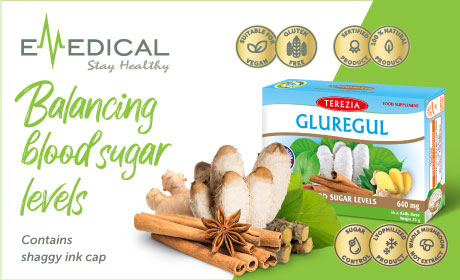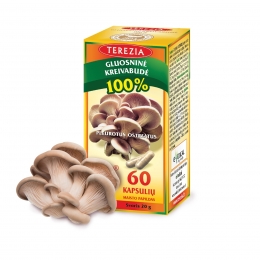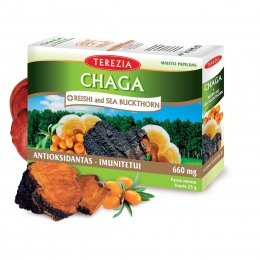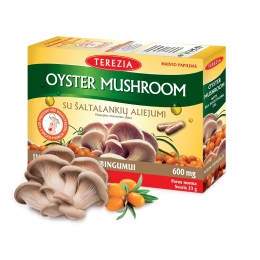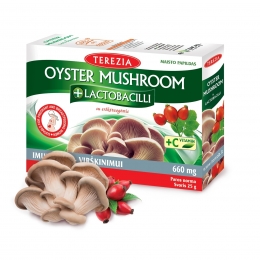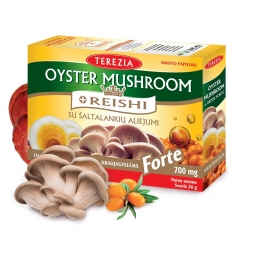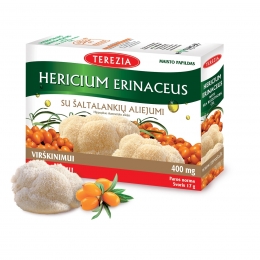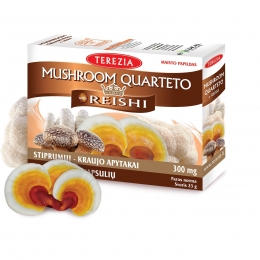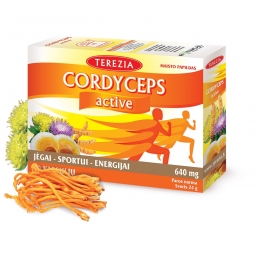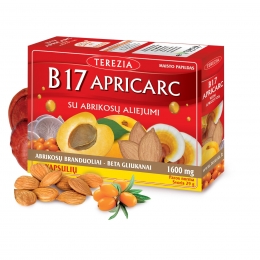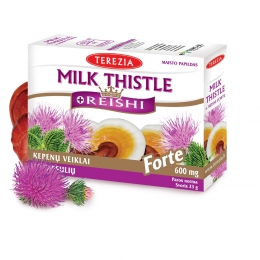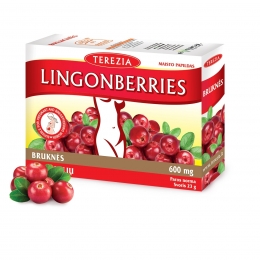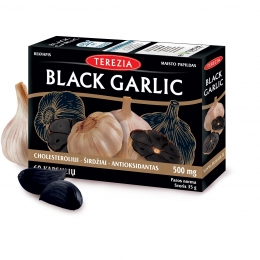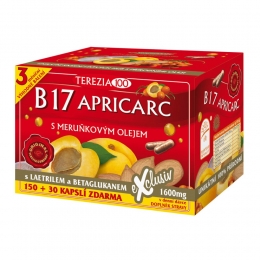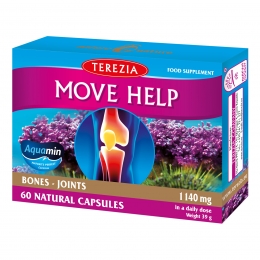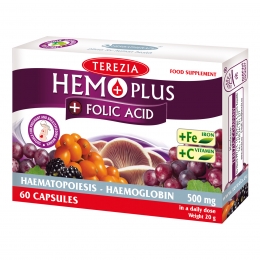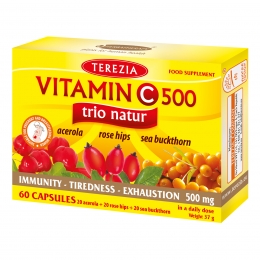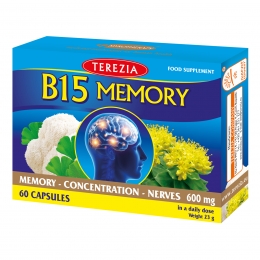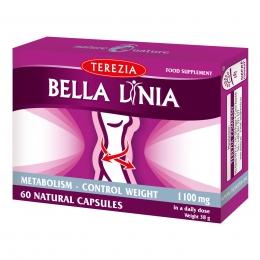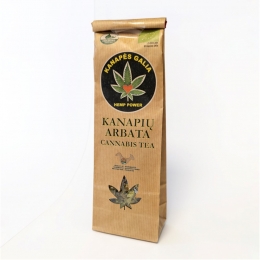No products in the cart.

Coeliac patients
What to know about celiac disease
Celiac disease is an autoimmune condition that involves the immune system reacting to gluten. Gluten is a general name for a group of proteins in cereals such as wheat, barley, and rye.
In a person with celiac disease, exposure to gluten causes inflammation in the gut. Repeated exposure gradually damages the small intestine, which can lead to problems absorbing minerals and nutrients from food.
Celiac disease affects around 1 in 100 people worldwide, and many have the condition without knowing it.
A gluten-free diet is the main treatment for people with celiac disease. Many people without this condition are also going gluten-free for its supposed health benefits. Many of adults are trying to reduce or eliminate gluten from their diet. Many of them do not have celiac disease.
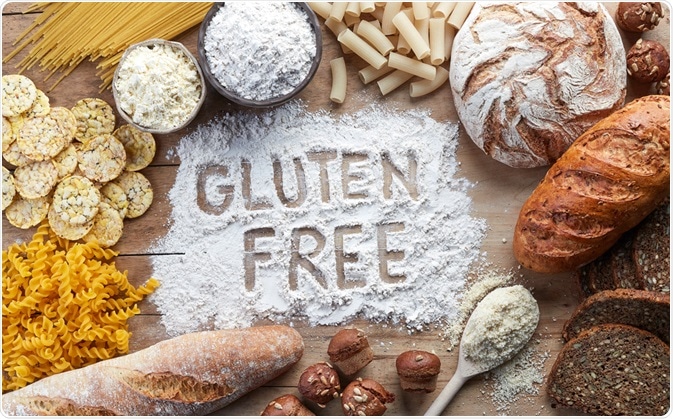
The symptoms of celiac disease can range from mild to severe. They can change over time, and they vary from person to person.
Some people have no symptoms or only experience them later in life. A person may not know that they have celiac disease until they develop a nutrient deficiency or anemia.
Children are more likely to develop digestive symptoms than adults. These symptoms include:
- abdominal pain
- bloating
- gas
- chronic diarrhea or constipation
- nausea
- vomiting
- pale stool with a foul smell
- fatty stool that floats
Symptoms of celiac disease that are not digestive can include:
- weight loss
- fatigue
- depression or anxiety
- joint pain
- mouth sores
- a rash called dermatitis herpetiformis
- nerve damage in the extremities, called peripheral neuropathy, which can cause tingling in the legs and feet
People with celiac disease may develop nutrient deficiencies as damage to the gut gradually limits the absorption of nutrients such as vitamins B12, D, and K. For the same reason, a person may also develop iron deficiency anemia.
Beyond malnutrition, celiac disease can also cause damage to the large intestine and more subtle damage to other organs.
Variations in symptoms may depend on:
- age
- damage to the small intestine
- the amount of gluten consumed
- the age at which gluten consumption began
- how long the person was breastfed, as symptoms tend to appear later in those who were breastfed for longer
Health issues such as surgery, pregnancy, infections, or severe stress can sometimes trigger celiac disease symptoms.
Symptoms in children
When celiac disease limits or prevents a child’s body from absorbing nutrients, this can lead to developmental or growth problems, including:
- failure to thrive, in infants
- delayed growth and short height
- weight loss
- damaged tooth enamel
- mood changes, including impatience or annoyance
- late-onset puberty
Switching to a gluten-free diet early can prevent these issues. Intestinal damage can begin to heal within weeks of removing gluten from the diet.
As time goes by, children may experience spontaneous remission and remain free from symptoms of celiac disease until later in life.
Diagnosis
A doctor can often diagnose celiac disease by considering the medical histories of the person and their family and ordering tests such as blood tests, genetic tests, and biopsies.
Doctors check the blood for the presence of antibodies common in people with celiac disease, including antigliadin and endomysial antibodies.
If other tests indicate celiac disease, a doctor may perform an intestinal biopsy by using an endoscope to take samples of the intestinal lining. Usually, they take several to increase the accuracy of the findings.
Celiac disease can be difficult to diagnose because it shares symptoms with other conditions, including:
- irritable bowel syndrome
- Crohn’s disease of the small intestine
- lactose intolerance
- gluten intolerance
- small intestinal bacterial overgrowth
- pancreatic insufficiency
For more science-backed resources on nutrition, visit our dedicated hub.
Diet
For most people with celiac disease, switching to a gluten-free diet greatly improves the symptoms, and a person may notice improvement in days or weeks.
In children, the small intestine usually heals in 3–6 months. In adults, full healing can take several years. Once the intestine heals, the body is able to properly absorb nutrients from food again.
Having a gluten-free diet is easier than ever in some parts of the world, where gluten-free options are becoming more widely available.
The key is to understand which foods and products such as toothpaste tend to contain gluten. A qualified dietitian can help.
What to eat and avoid
Gluten occurs naturally in wheat, rye, and barley. Most cereals, grains, and pasta, as well as many processed foods, contain gluten. Beers and other grain-based alcoholic drinks can also contain it.
It is crucial to check labeling because gluten can be an ingredient in some unexpected products.
Foods that do not contain gluten include:
- meat and fish
- fruits and vegetables
- some grains, including rice, amaranth, quinoa, and buckwheat
- rice flour
- cereals such as corn, millet, sorghum, and teff
- pasta, bread, baked goods, and other products labeled “gluten-free”
A person can also eliminate gluten from recipes by substituting ingredients and sometimes by adjusting the time and temperature of baking.
In the past, experts recommended that people with celiac disease avoid oats. However, evidence now suggests that moderate amounts of oats are generally safe, provided that the oats have not touched gluten during processing.
It is worth keeping in mind while traveling that regulations about labeling vary from country to country.
Many processed foods can contain gluten, including:
- canned soups
- salad dressings
- ketchup
- mustard
- soy sauce
- seasonings
- ice cream
- candy bars
- processed and canned meats and sausages
Nonfood products can also contain gluten, including:
- some prescription and over-the-counter medications
- vitamin products
- toothpaste
- cosmetics, including lipstick, lip gloss, and lip balm
- postage stamps
- communion wafers
Read more about what a gluten-free diet contains here.
Should everyone follow a gluten-free diet?
Gluten-free diets have become more popular in recent years. However, research does not suggest that this diet benefits people who do not have celiac disease or gluten intolerance.
According to the National Institute of Diabetes and Digestive and Kidney Diseases, “No current data suggests that the general public should maintain a gluten-free diet for weight loss or better health.”
Foods that contain gluten can be important sources of vitamins and minerals, including fiber, iron, and calcium. Speak with a healthcare provider before eliminating these foods, as doing so can lead to nutrient deficiencies.
Treatment
Most people find that eliminating gluten from their diets greatly improves their symptoms. It allows the intestine to heal.
If a person has dermatitis herpetiformis, medications such as diaminodiphenyl sulfone (Dapsone) can reduce the symptoms. This does not heal the intestine, however, so a gluten-free diet is still crucial.
People with celiac disease may also benefit from taking vitamin and mineral supplements to prevent or address deficiencies.
Researchers continue to work on drug therapies to reduce the burden of living with celiac disease and improve the long-term outlook.
The Celiac Disease Foundation offer more information about possible future treatments.
Top of Form
MEDICAL NEWS TODAY NEWSLETTER
Knowledge is power. Get our free daily newsletter.
Dig deeper into the health topics you care about most. Subscribe to our facts-first newsletter today.
Enter your email
SIGN UP NOW
Your privacy is important to us. Any information you provide to us via this website may be placed by us on servers located in countries outside of the EU. If you do not agree to such placement, do not provide the information.
Bottom of Form
Complications and outlook
In a person with celiac disease, repeated exposure to gluten damages the intestinal lining. This can result in nutrient deficiencies that can cause issues such as:
- anemia
- hair loss
- osteoporosis
- small bowel ulcers
Researchers have linked celiac disease with some types of cancer, including lymphoma, which develops in white blood cells. However, the association is rare, and most people with celiac disease never develop related cancer. A gluten-free diet can reduce the risk.
Some people develop refractory celiac disease, which involves the body not responding to a gluten-free diet for 12 months or more. This is rare, affecting 1–2% of people with celiac disease. People who have it are almost always over 50 years old.
Causes and risk factors
Celiac disease is an autoimmune disorder. When a person who has it eats gluten, their immune system attacks and damages their small intestine.
Over time, finger-like projections in the intestine that absorb nutrients, called villi, get damaged, limiting the overall absorption. This can lead to a number of health issues.
Celiac disease can develop in anyone. It is more common in white people and in females.
Also, it runs in families. A person with a parent or sibling who has celiac disease has a 1 in 10 chance of developing it, too.
Celiac disease is more common in people with other conditions, including:
- Down syndrome
- Turner syndrome
- type 1 diabetes
Summary
Celiac disease is an autoimmune condition. Exposure to gluten causes the body to attack cells in the small intestine.
There is no cure, but a person can ease or relieve the symptoms by switching to a gluten-free diet.
Subcategories
multivitamins
TEREZIA KIDDY VIT MULTIVITAMIN JELLY DROPS WITH SEA BUCKTHORN - JUNGLE WORLD 70 PCS (280 G)chaga-mushroom
TEREZIA CHAGA + REISHI AND SEA BUCKTHORN 60 CAPSULESoyster-mushroom
TEREZIA OYSTER MUSHROOM WITH SEA-BUCKTHORN OIL 60 CAPSULESoyster-mushroom
TEREZIA OYSTER MUSHROOM + LACTOBACILLI 60 CAPSULESoyster-mushroom
TEREZIA OYSTER MUSHROOM + REISHI WITH SEA BUCKTHORN OIL FORTE 60 CAPSULEShericium-erinaceus-mushroom
TEREZIA HERICIUM ERINACEUS WITH SEABUCKTHORN OIL 60 CAPSULESreishi-mushroom
TEREZIA MUSHROOM QUARTETO WITH REISHI 60 CAPSULEScordyceps
TEREZIA CORDYCEPS ACTIVE 60 CAPSULESreishi-mushroom
TEREZIA 100% REISHI BIO 60 CAPSULESapricot
TEREZIA B17 APRICARC WITH APRICOT OIL 60 CAPSULESsea-backthorn
TEREZIA SEA BUCKTHORN 60 CAPSULESfood-supplements
TEREZIA MILK THISTLE + REISHI 60 CAPSULESlingonberries
TEREZIA LINGONBERRIES 60 CAPSULESgarlic
TEREZIA BLACK GARLIC 60 CAPSULESapricot
TEREZIA B17 APRICARC WITH APRICOT OIL 60 CAPSULESfood-supplements
TEREZIA MOVE HELP 60 CPSfood-supplements
TEREZIA HEMOPLIUS FOLIO ACID VITAMIN C and FE 60 CAPSfood-supplements
TEREZIA NATUR TRIO vitamin C 500 mg 60 CAPSfood-supplements
TEREZIA B15 MEMORY 60 CAPSfood-supplements
TEREZIA BELLA LINIA 60 CAPSoyster-mushroom
TEREZIA 100% OYSTER MUSHROOM 60 CAPSULESDeliver it between Mon 29 and Tue 30
multivitamins
TEREZIA KIDDY VIT MULTIVITAMIN JELLY DROPS WITH SEA BUCKTHORN - JUNGLE WORLD 70 PCS (280 G)Deliver it between Mon 29 and Tue 30
chaga-mushroom
TEREZIA CHAGA + REISHI AND SEA BUCKTHORN 60 CAPSULESDeliver it between Mon 29 and Tue 30
oyster-mushroom
TEREZIA OYSTER MUSHROOM WITH SEA-BUCKTHORN OIL 60 CAPSULESDeliver it between Mon 29 and Tue 30
oyster-mushroom
TEREZIA OYSTER MUSHROOM + LACTOBACILLI 60 CAPSULESDeliver it between Mon 29 and Tue 30
oyster-mushroom
TEREZIA OYSTER MUSHROOM + REISHI WITH SEA BUCKTHORN OIL FORTE 60 CAPSULESDeliver it between Mon 29 and Tue 30
hericium-erinaceus-mushroom
TEREZIA HERICIUM ERINACEUS WITH SEABUCKTHORN OIL 60 CAPSULESDeliver it between Mon 29 and Tue 30
reishi-mushroom
TEREZIA MUSHROOM QUARTETO WITH REISHI 60 CAPSULESDeliver it between Mon 29 and Tue 30
cordyceps
TEREZIA CORDYCEPS ACTIVE 60 CAPSULESDeliver it between Mon 29 and Tue 30
reishi-mushroom
TEREZIA 100% REISHI BIO 60 CAPSULESapricot
TEREZIA B17 APRICARC WITH APRICOT OIL 60 CAPSULESDeliver it between Mon 29 and Tue 30
sea-backthorn
TEREZIA SEA BUCKTHORN 60 CAPSULESDeliver it between Mon 29 and Tue 30
food-supplements
TEREZIA MILK THISTLE + REISHI 60 CAPSULESlingonberries
TEREZIA LINGONBERRIES 60 CAPSULESDeliver it between Mon 29 and Tue 30
garlic
TEREZIA BLACK GARLIC 60 CAPSULESDeliver it between Mon 29 and Tue 30
apricot
TEREZIA B17 APRICARC WITH APRICOT OIL 60 CAPSULESDeliver it between Mon 29 and Tue 30
food-supplements
TEREZIA MOVE HELP 60 CPSDeliver it between Mon 29 and Tue 30
food-supplements
TEREZIA HEMOPLIUS FOLIO ACID VITAMIN C and FE 60 CAPSDeliver it between Mon 29 and Tue 30
food-supplements
TEREZIA NATUR TRIO vitamin C 500 mg 60 CAPSfood-supplements
TEREZIA B15 MEMORY 60 CAPSDeliver it between Mon 29 and Tue 30
food-supplements
TEREZIA BELLA LINIA 60 CAPSDeliver it between Mon 29 and Tue 30
